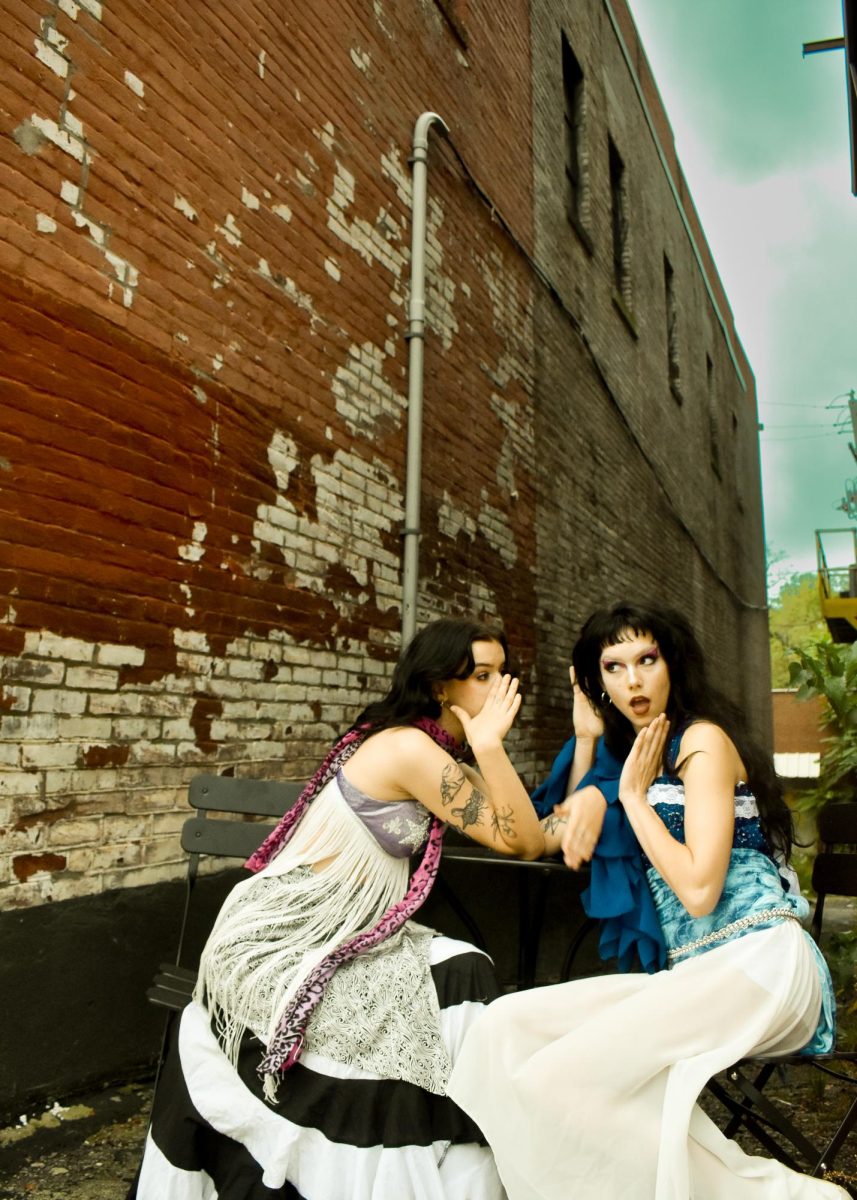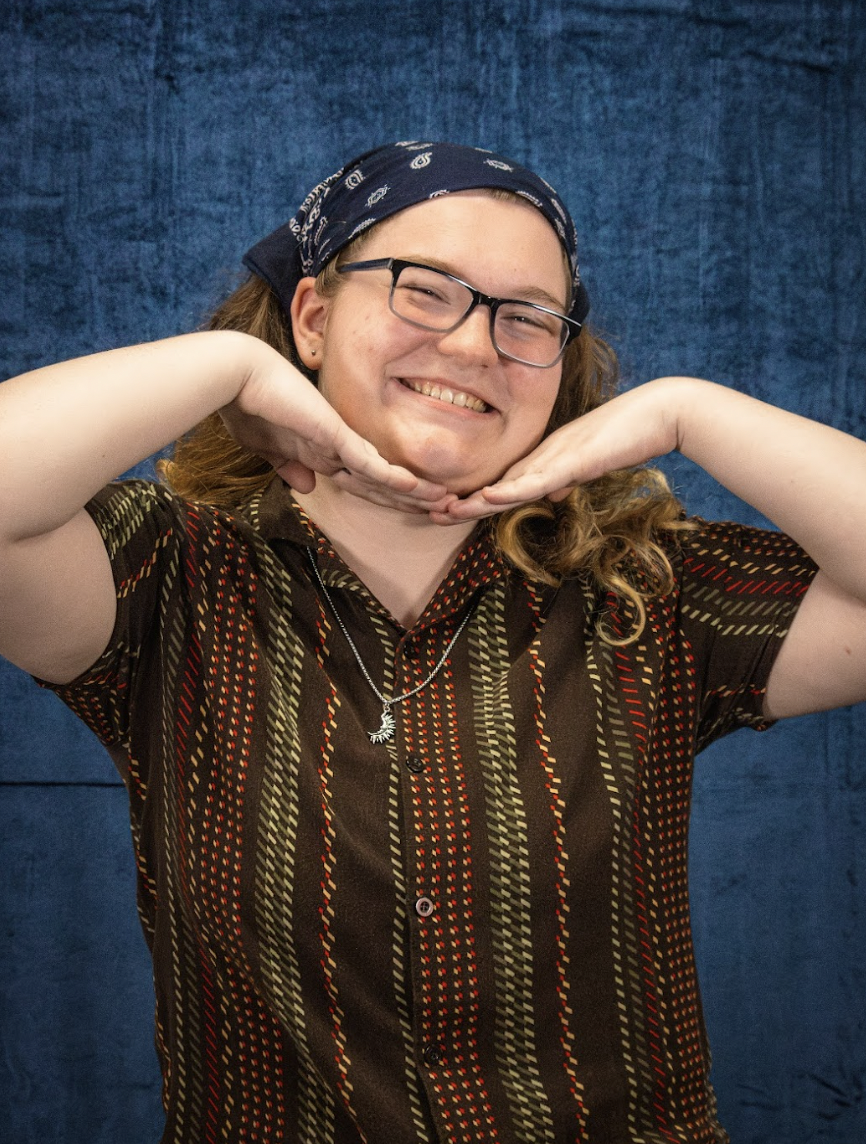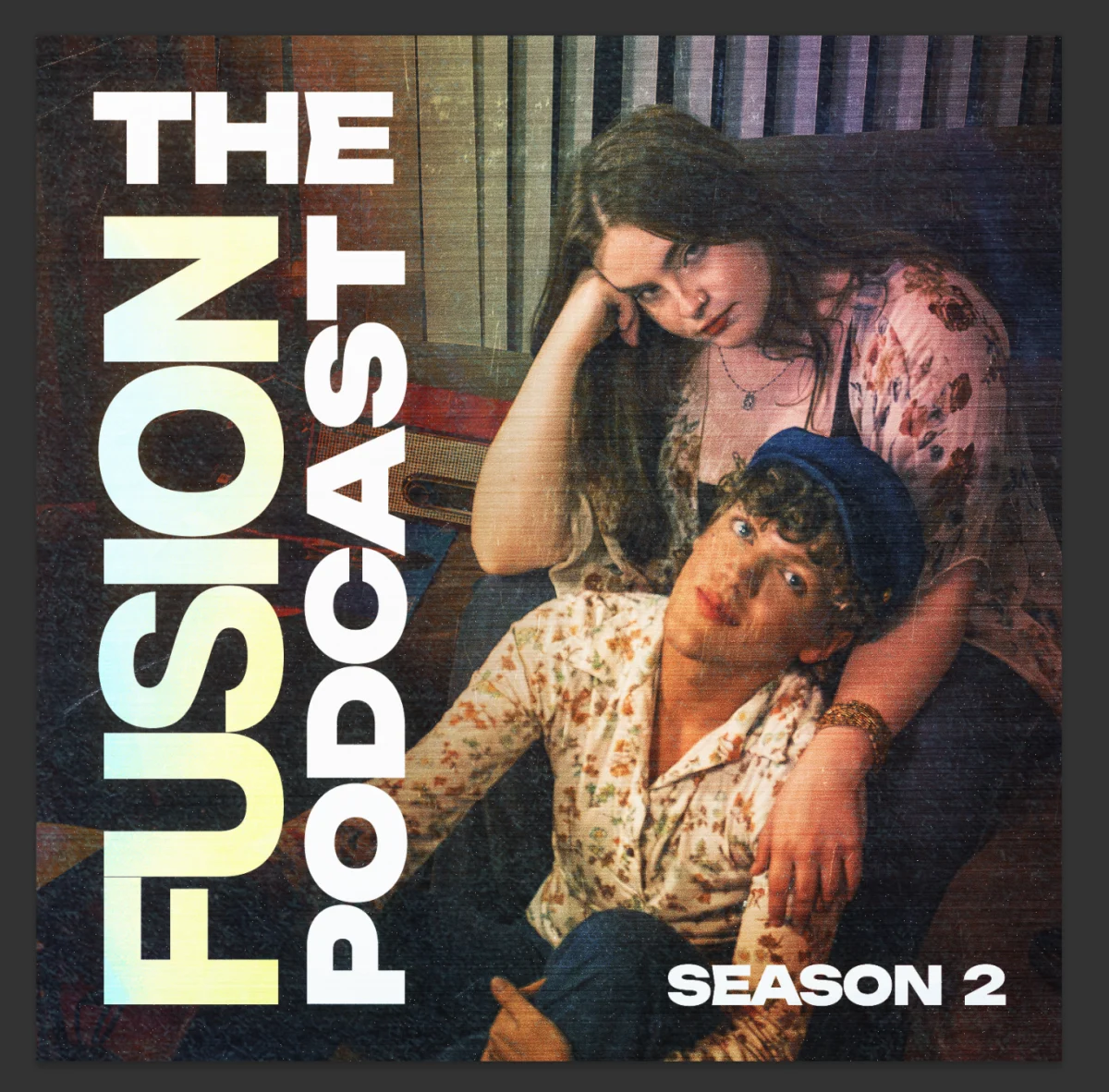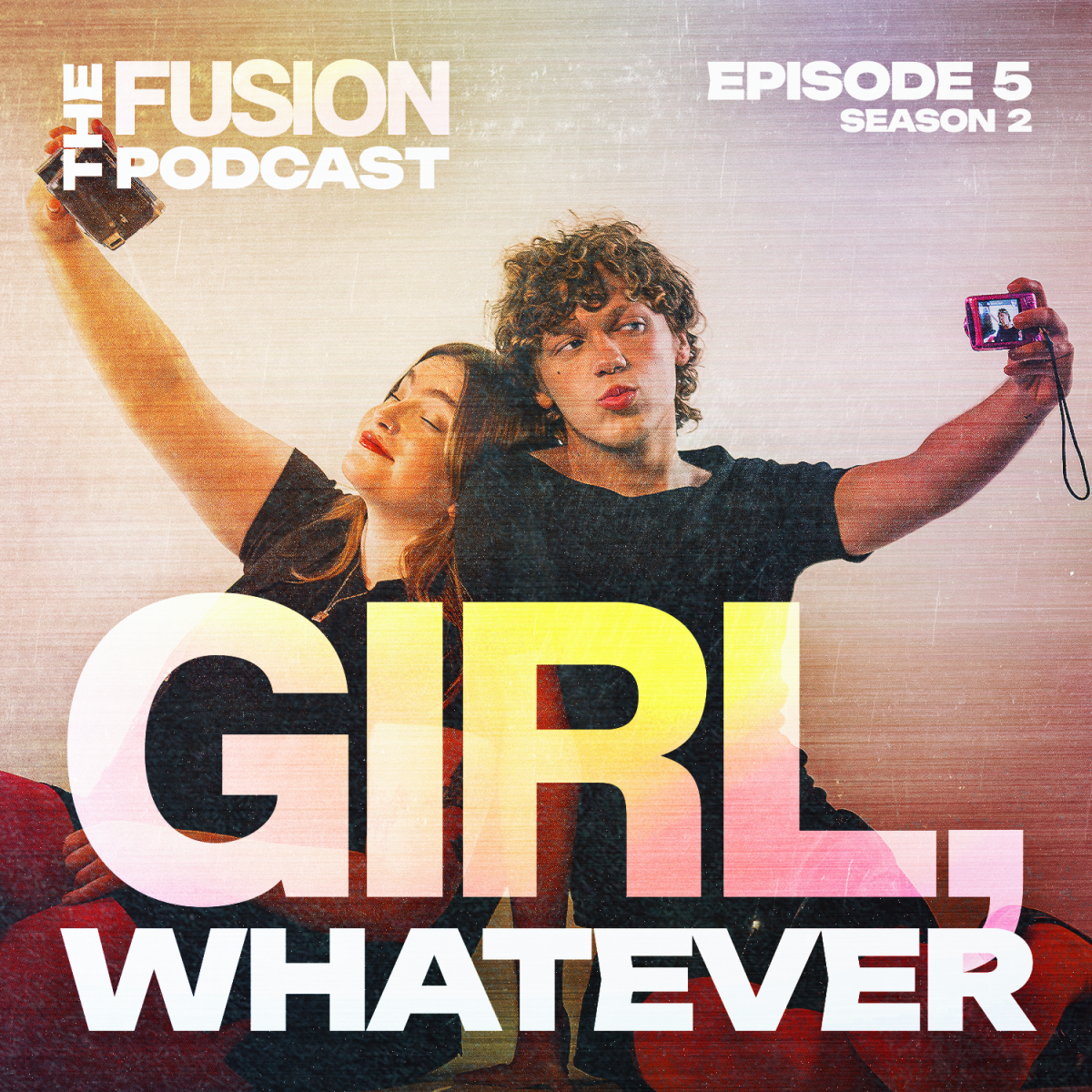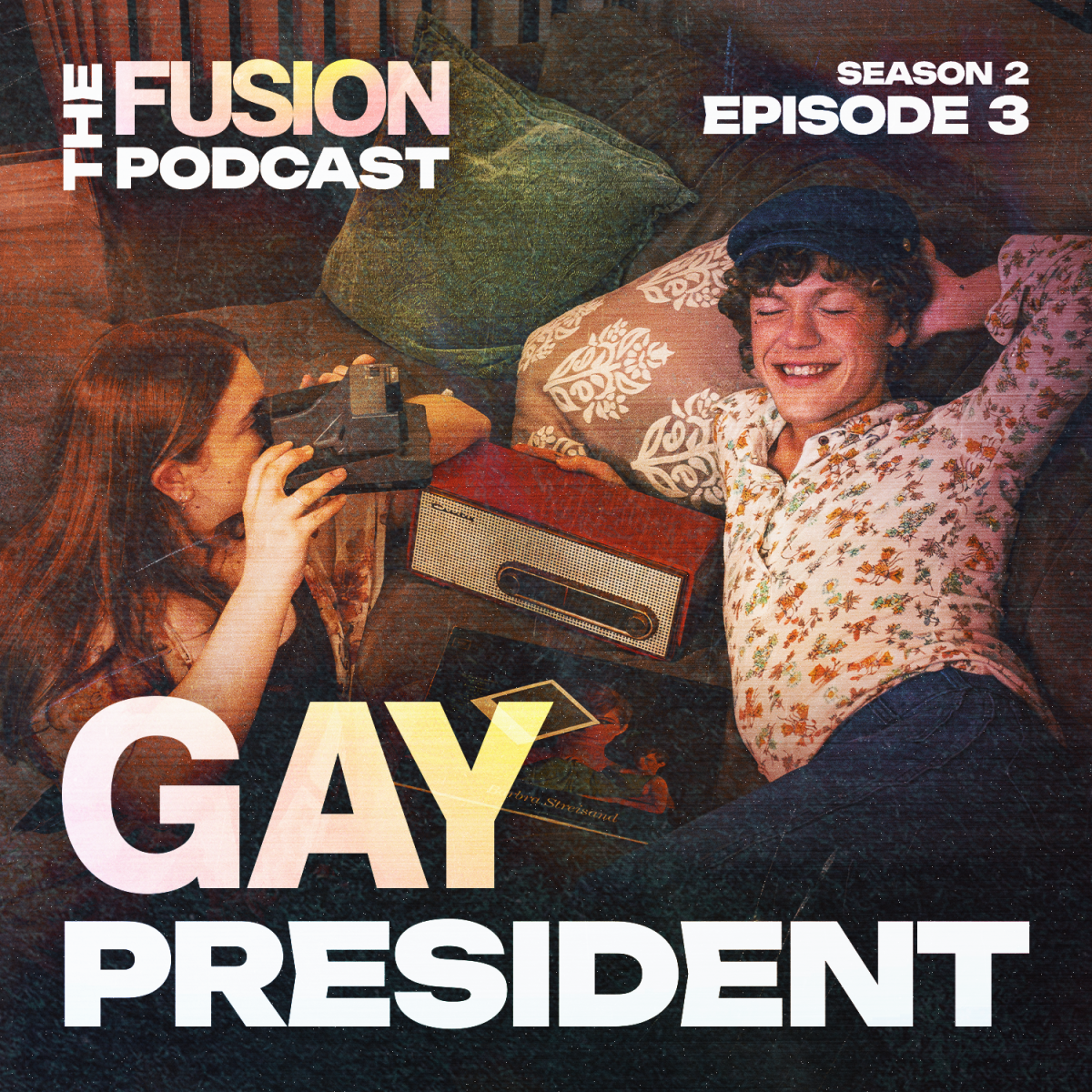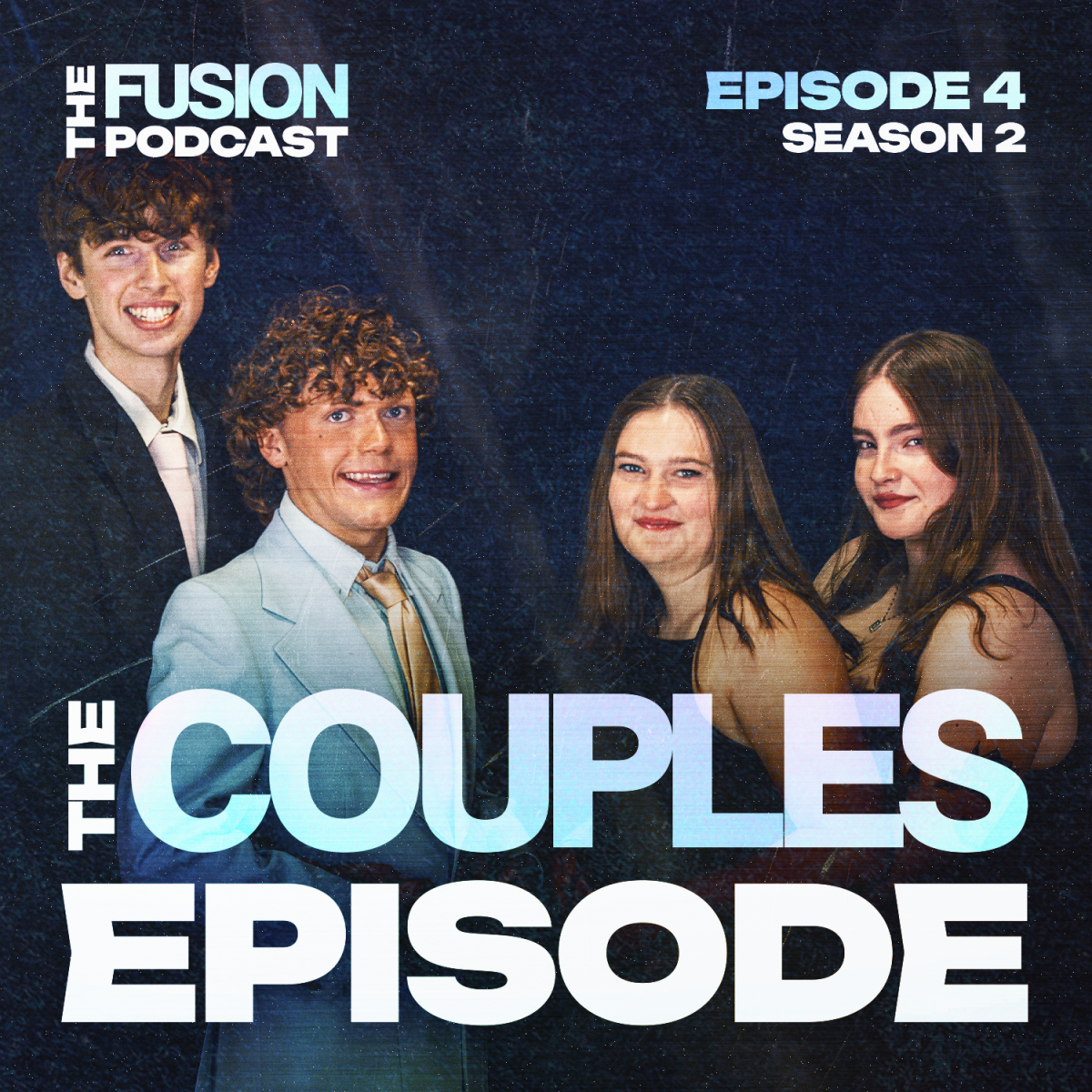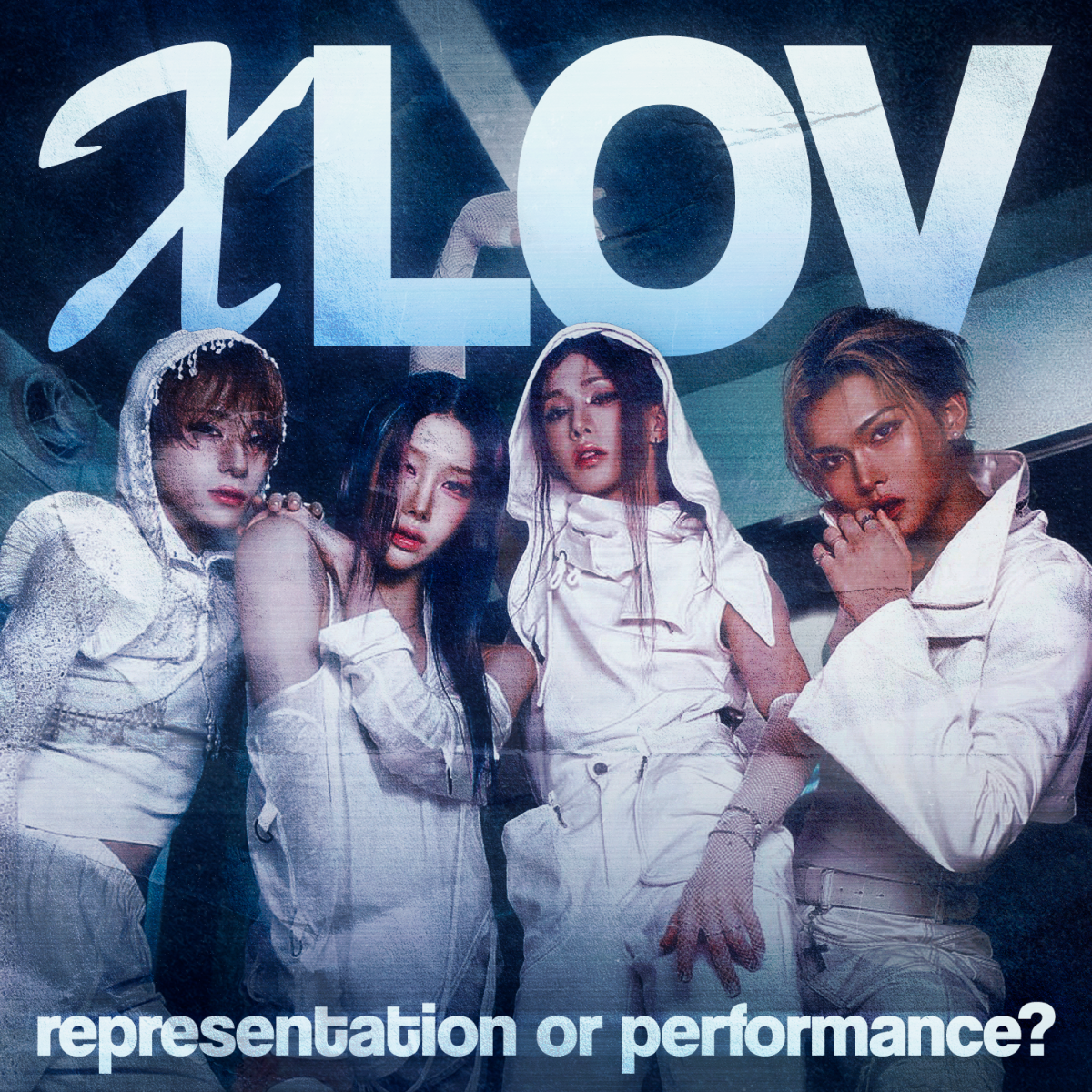XLOV (엑스러브) is “tryna be your one and only.” The 4 member K-pop boy group debuted earlier this year with a unique “genderless concept.” Their androgynous fashion and dance styles have left queer fans mesmerized, but some confused.
According to an article from The Korea Times, Park Jae-yong, CEO of 257 Entertainment, said, “The members do not identify as genderless in terms of identity — this is simply a concept we chose to differentiate ourselves from other groups. Our goal was to express beauty without gender boundaries.”
While the members may appear as a part of the LGBTQ+ community to fans, they do not publicly identify with any labels. There are very few openly gay Korean singers, and even fewer who are successful. Many K-pop listeners are divided over whether or not XLOV’s expression is representation, or just successful marketing.
Senior visual communication design student Priscilla Yrad (they/she) said “I like their look and sound, but I really hope it isn’t performative.”
The industry of K-pop is a harsh, controlling world. Young teenagers and children sign up to be a K-pop trainee, without knowing how much they will have to give up. There are constant news headlines about the mistreatment of K-pop idols from their agencies and management, and more and more singers try to get out of their contracts. These contracts have a term, “노예 계약/noye gyeyak,” meaning “slave contract.”
TVXQ, an older K-pop group, made headlines in 2009 when three out of five mebmers filed a lawsuit against their agency SM Entertainment to try and get out of their strict contract. An article from The Korea Times explains the press release detailing the lawsuit. “In a legal document released through the law firm Kim & Shin, the three stated that their 13 year exclusive contract with SM Entertainment was no different from a binding lifelong contract. They also said that they were not treated fairly by the agency in terms of profit distribution.”
Most recently in 2024, the girl group NewJeans was tied up in a string of controversies after accusing their parent company HYBE of workplace harassment. The New York Times described the conflict as a significant and rare labor dispute in K-pop, calling it one of the most high-profile in recent years. The singers have been on hiatus since March of 2025, and their case against their company is being handled by the Seoul Central District Court.
Another thing to note is the fact that K-pop idols in relationships are heavily frowned upon, and they can even lose their job for it in certain situations. Agencies don’t want to ruin the “fantasy” for a singer’s audience.
To fans, it often appears that K-pop idols have little to no control over what they wear, what they eat and even what they say. Because fans know about the control that management teams have over these idol groups, some listeners believe that the members of XLOV are only acting this way because they have been told to.
However, this brings up the other side of the story. The strict rules and regulations of the K-pop industry make it so that it is almost impossible to be openly gay and keep your career. There have been very few who are able to do so. This year, the singer Bain from the group Just B came out, sharing on stage “I’m proud to be part of the LGBT community.” He is the first member of an active idol group to come out as gay. Another singer, Holland, debuted in 2018 as the first openly gay K-pop idol.
Besides these few musicians, everyone else’s sexuality is just speculation. Key from SHINee and Jo Kwon are just two singers who have had their sexuality questioned for over a decade, due to their creative expression and having similar “genderless” concepts. Even though these two men and other idols like them have never publicly identified as queer, they are still regarded as very influential to the K-pop industry, normalizing androgynous fashion and the like.
Phoebe Patch (she/her) is a senior psychology student and XLOV fan. She has been following the members since before their debut, and was ecstatic to see the group come together.
As a queer fan, Patch feels that the culture the members have created for their fanbase is very loving. “I think they definitely create a safe environment for fans of all identities to feel like they can be free, and genuinely themselves,” she said.
Even if the XLOV members are not openly queer, they are still doing good work in the K-pop industry. According to the members themselves in an exclusive interview with Hello Kpop, they hope their performances inspire freedom and liberation.
“Their expression is something I think the industry needed,” Patch pointed out.“I love when people from more restrictive cultures can break boundaries, especially in the pop culture industry where things are stuck into boxes. When people break those stereotypes and make it normal for the next generation of artists, it really says something about their purpose as musicians and idols.”
In a world as tough as the K-pop industry, a little bit of progress can go a long way. Queer fans often celebrate representation acceptance, no matter how small it is.
Patch said “It’s refreshing to see us being accepted in small ways, even if it isn’t as explicit as something like activism.”
XLOV’s portrayal of the “genderless” concept may be controversial to some, but to others, they are breaking the barriers of what a K-pop boy group is supposed to be. There is always room for progress in the K-pop industry, including normalizing different forms of expression.

